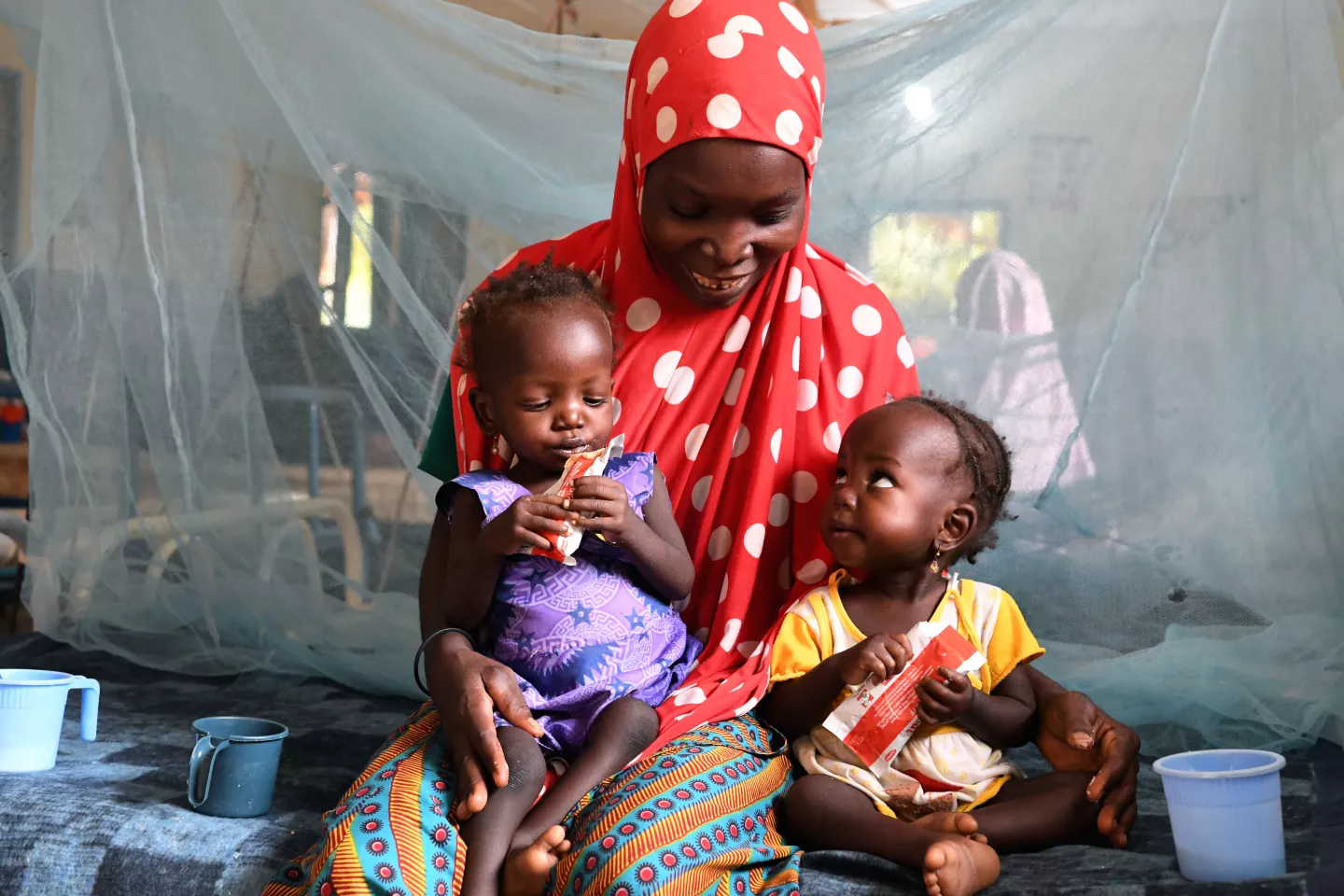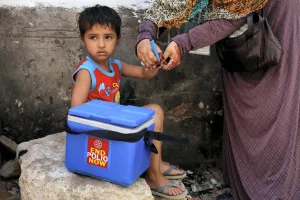Millions of children across Africa are at risk of severe malnutrition due to a growing shortage of ready-to-use therapeutic food (R.U.T.F.), according to UNICEF. The life-saving product, essential for treating severe acute malnutrition (SAM), is in dangerously short supply in several African nations, raising concerns of a potential humanitarian disaster.
UNICEF reported that nearly two million children, primarily in Mali, Nigeria, Niger, and Chad, could face life-threatening consequences if supplies are not replenished soon. Other countries, including South Sudan, Uganda, and the Democratic Republic of Congo, are also at risk of running out of therapeutic food by mid-2025.
Victor Aguayo, director of UNICEF’s child nutrition and development program, emphasized the urgency of the situation: “Immediate action is needed to save the lives of nearly two million children battling this silent killer.”
Severe acute malnutrition, commonly referred to as wasting, leaves children with weakened immune systems, making them more vulnerable to infections like diarrhea, pneumonia, and malaria. The condition affects an estimated 19 million children under the age of 5 globally, causing approximately 400,000 deaths each year, according to the World Health Organization (WHO).
The symptoms of SAM include extreme thinness, dry skin, brittle hair, and visible bones, with children often displaying an alarming weight-to-height ratio or swollen limbs due to fluid buildup. Without proper treatment, these children face a high risk of mortality.
R.U.T.F., a peanut-based, nutrient-dense product, has been a critical part of UNICEF’s malnutrition treatment programs. Typically, children who suffer from SAM receive the food alongside medical care for up to eight weeks to recover. In 2023, UNICEF was able to provide this essential treatment to 73 percent of children in need, saving the lives of 1.2 million children under the age of 5.
However, ongoing conflicts, economic crises, and climate-related disasters, such as droughts and floods in the Sahel region, have disrupted global supply chains, exacerbating the food shortage. As a result, several countries, including Mali and Chad, are already facing critical shortfalls, with supplies expected to run out within weeks.
Since 2022, UNICEF has raised $933 million to support its malnutrition initiatives. Despite this, the organization urgently needs an additional $165 million to replenish its therapeutic food supplies, beyond the recent $100 million donation from the United States.
Without immediate intervention, millions of vulnerable children could face starvation and death. UNICEF continues to call on the global community to provide the necessary resources to avert this growing crisis.
TherapeuticFoodCrisis #MalnutritionInAfrica #SaveAfricanChildren #UNICEF #ChildNutrition #EndChildHunger #SevereMalnutrition #GlobalFoodShortage #SahelCrisis #HumanitarianAid




+ There are no comments
Add yours